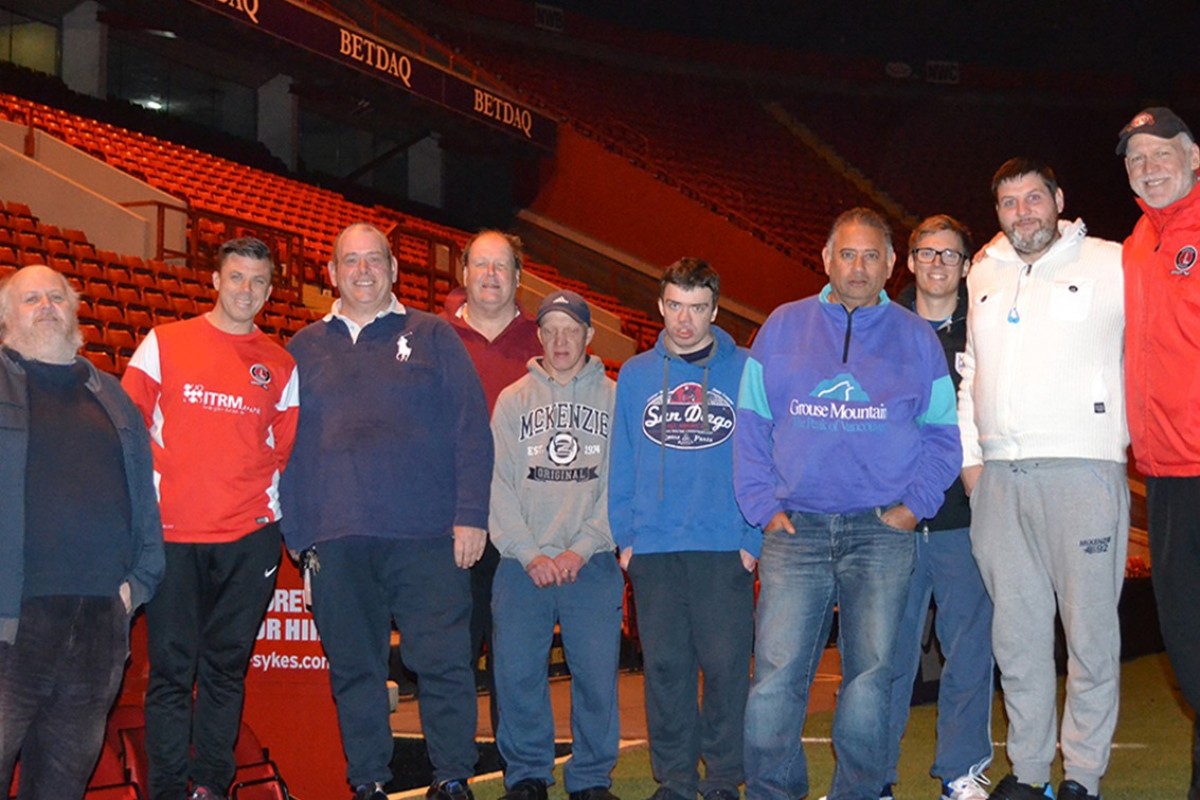Charlton Athletic Community Trust (CACT) is halfway through Men's Health Awareness Month, which it has been promoting since the start of November. Here's a look at why raising awareness of men's health matters:
Putting men's health on an equal footing
On average, male life expectancy still lags a good five years behind that of women, with men more likely than women to die early. Men are not only more likely to develop cancer but are also at higher risk of dying from the condition. The number of men affected by male-only cancer has increased dramatically in recent years and is set to continue rising, with rates of prostate cancer likely to double in the next 15 years.
Mental health, stigma and suicide prevention
It's not only men's physical health that is concerning. Men are three times more likely to take their own life than women, especially those aged 40-44.
The good news is that YOU can improve your odds by:
- Looking after your mental wellbeing
Here's what CACT is doing for men's health:
CACT runs men's health social evenings at The Valley, home of Charlton Athletic Football Club, every Monday.
The evenings tackle social isolation and provide health advice and support, including healthy eating, physical activity and all other men's health matters in a fun sociable way. Why not come along to a social evening this November?
In partnership with the London Football Association and Age UK, Charlton Athletic Community Trust runs weekly walking football sessions, helping men maintain a healthy lifestyle. These sessions offer a route into football for those who have never played and a route back into football for those who've had to stop through injury. Find out how to join here.
Men in Sheds, a flagship programme by Age UK, supports older men who want to get together to share and learn new skills, all in the welcoming space of a shed.
Age UK's Greenwich branch brings together older, isolated men and gives them the opportunity to take part in activities to benefit the local community. To take part in Men in Shed, get in touch with project co-ordinators Pauline Cahill and Steve Paxman on 0208 294 3017

